Home / home / US Urges Restraint as India-Pakistan Tensions Rise After Pahalgam Terror Attack That Killed 26 Innocents in Jammu and Kashmir
US Urges Restraint as India-Pakistan Tensions Rise After Pahalgam Terror Attack That Killed 26 Innocents in Jammu and Kashmir
By: My India Times
5 minutes read 64Updated At: 2025-05-03

In the wake of the devastating terrorist attack in Pahalgam, Jammu and Kashmir, that left 26 people dead, the United States has urged both India and Pakistan to exercise restraint and avoid actions that could trigger a broader regional conflict. Top American officials, including Vice President JD Vance, have made public statements and diplomatic outreach to both South Asian nations, emphasizing the importance of cooperation, dialogue, and mutual responsibility in combating terrorism and preventing escalation.
JD Vance Calls for Caution and Regional Stability
Speaking during an exclusive interview with Fox News on Thursday, US Vice President JD Vance addressed the aftermath of the April 22 Pahalgam terror attack, highlighting the urgent need for measured responses from both India and Pakistan. Vance noted that while India has every right to protect its sovereignty and citizens, any retaliatory action must be carefully calculated to avoid inflaming tensions across the volatile Line of Control (LoC).
“The loss of innocent lives in Pahalgam is a tragedy that must not go unanswered,” said Vance. “But it’s equally critical that India’s response remains strategic and measured. A broader regional conflict would be disastrous for all parties involved, especially with nuclear-capable neighbors like India and Pakistan.”
Vance further stressed that Pakistan, too, bears responsibility and must take visible action to crack down on extremist networks operating from within its borders. “We urge Pakistan to cooperate fully with India in rooting out terrorist threats. This is a shared challenge that demands cooperation, not confrontation,” he added.
Pentagon Expresses Solidarity with India
In a parallel move, US Secretary of Defense Pete Hegseth held a phone conversation with Indian Defence Minister Rajnath Singh to express America’s condolences and reaffirm its support. During the call, Hegseth conveyed deep sympathy for the victims of the attack and reiterated the United States’ commitment to India’s fight against terrorism.
Taking to social media platform X (formerly Twitter), Hegseth stated: “Today, I spoke with Indian Defence Minister Singh @rajnathsingh to personally extend my deepest condolences for the loss of life in the heinous terrorist attack last week. I offered my strong support. We stand with India and its great people.”
The Pentagon’s message reflects growing concern in Washington over the escalating tensions in South Asia, especially given reports that the Pakistani military has begun moving air defense systems and artillery units to forward positions along the border with India.
Washington Keeps Channels Open with Both Capitals
Adding to the chorus of diplomatic messaging, US State Department spokesperson Tammy Bruce confirmed that the Biden administration is in close contact with both Indian and Pakistani leadership. Speaking at a press briefing on Friday, Bruce reiterated that Prime Minister Narendra Modi has the full backing of the Trump administration in the ongoing crisis.
“We are monitoring the situation closely,” Bruce said. “Yesterday, Secretary of State Marco Rubio spoke with Indian External Affairs Minister S. Jaishankar and Pakistani Prime Minister Shehbaz Sharif. As President Donald Trump conveyed directly to Prime Minister Modi last week, the United States stands strong with India against terrorism.”
Bruce underscored that Washington’s position is firm: terrorism must be condemned unequivocally, and nations must act responsibly to prevent any actions that could spiral into war. “We encourage dialogue, de-escalation, and a joint commitment to peace and regional stability,” she said.
Pakistan’s Military Movements Raise Alarms
While diplomatic efforts continue, the situation on the ground remains tense. According to multiple reports, the Pakistani military has initiated a forward deployment of air defense systems and artillery near key border locations, a move that Indian security experts interpret as a show of force amid the growing diplomatic strain.
Indian defense analysts have warned that any miscalculation could lead to a dangerous escalation. “We have seen these patterns before. Terrorist attacks followed by cross-border skirmishes often lead to heightened military alertness on both sides. The risk of an unintentional escalation is very real,” said Lt. Gen. (Retd) DS Hooda, former Northern Army Commander.
India’s security establishment has so far refrained from publicizing its military response, but officials have indicated that heightened alert levels have been issued along the LoC and the International Border.
India Weighs Its Options
Prime Minister Modi has convened several high-level security meetings since the Pahalgam attack, focusing on intelligence inputs, border security, and diplomatic strategies. While no immediate retaliatory actions have been announced, sources suggest that India is considering a range of options, including international diplomatic pressure on Pakistan and possible covert operations against terror infrastructure.
India’s Ministry of External Affairs has also reached out to key global allies to build support for a firm international stance against cross-border terrorism. "India will respond at a time and manner of its choosing," said an official, speaking on condition of anonymity. “But make no mistake — those responsible will be brought to justice.”
Global Reactions: Condemnation and Calls for Peace
The international community, led by the United States, has widely condemned the Pahalgam attack. Several European and Asian countries have issued statements in solidarity with India and urged both sides to maintain peace. The United Nations, while stopping short of directly naming Pakistan, has called for a thorough investigation and accountability for those behind the violence.
Russia and France have also reached out to both New Delhi and Islamabad, offering to mediate if tensions escalate further. China, maintaining its traditionally cautious stance, has called for restraint and emphasized the importance of regional stability.
Conclusion: The Road Ahead
As India mourns the loss of 26 civilians in one of the deadliest terror attacks in recent years, the road ahead is fraught with difficult choices. On one hand, the demand for justice and retribution is strong among the Indian public and political leadership. On the other, the risks of a full-blown confrontation between two nuclear-armed neighbors loom large.
The United States, playing a key diplomatic role, has clearly sided with India in the fight against terrorism while simultaneously urging both nations to avoid steps that could ignite a wider conflict. Whether this balanced approach will succeed in preventing escalation remains to be seen.
For now, all eyes are on New Delhi — and Islamabad — to see whether wisdom and restraint will prevail over anger and retribution.
....In the wake of the devastating terrorist attack in Pahalgam, Jammu and Kashmir, that left 26 people dead, the United States has urged both India and Pakistan to exercise restraint and avoid actions that could trigger a broader regional conflict. Top American officials, including Vice President JD Vance, have made public statements and diplomatic outreach to both South Asian nations, emphasizing the importance of cooperation, dialogue, and mutual responsibility in combating terrorism and preventing escalation.
JD Vance Calls for Caution and Regional Stability
Speaking during an exclusive interview with Fox News on Thursday, US Vice President JD Vance addressed the aftermath of the April 22 Pahalgam terror attack, highlighting the urgent need for measured responses from both India and Pakistan. Vance noted that while India has every right to protect its sovereignty and citizens, any retaliatory action must be carefully calculated to avoid inflaming tensions across the volatile Line of Control (LoC).
“The loss of innocent lives in Pahalgam is a tragedy that must not go unanswered,” said Vance. “But it’s equally critical that India’s response remains strategic and measured. A broader regional conflict would be disastrous for all parties involved, especially with nuclear-capable neighbors like India and Pakistan.”
Vance further stressed that Pakistan, too, bears responsibility and must take visible action to crack down on extremist networks operating from within its borders. “We urge Pakistan to cooperate fully with India in rooting out terrorist threats. This is a shared challenge that demands cooperation, not confrontation,” he added.
Pentagon Expresses Solidarity with India
In a parallel move, US Secretary of Defense Pete Hegseth held a phone conversation with Indian Defence Minister Rajnath Singh to express America’s condolences and reaffirm its support. During the call, Hegseth conveyed deep sympathy for the victims of the attack and reiterated the United States’ commitment to India’s fight against terrorism.
Taking to social media platform X (formerly Twitter), Hegseth stated: “Today, I spoke with Indian Defence Minister Singh @rajnathsingh to personally extend my deepest condolences for the loss of life in the heinous terrorist attack last week. I offered my strong support. We stand with India and its great people.”
The Pentagon’s message reflects growing concern in Washington over the escalating tensions in South Asia, especially given reports that the Pakistani military has begun moving air defense systems and artillery units to forward positions along the border with India.
Washington Keeps Channels Open with Both Capitals
Adding to the chorus of diplomatic messaging, US State Department spokesperson Tammy Bruce confirmed that the Biden administration is in close contact with both Indian and Pakistani leadership. Speaking at a press briefing on Friday, Bruce reiterated that Prime Minister Narendra Modi has the full backing of the Trump administration in the ongoing crisis.
“We are monitoring the situation closely,” Bruce said. “Yesterday, Secretary of State Marco Rubio spoke with Indian External Affairs Minister S. Jaishankar and Pakistani Prime Minister Shehbaz Sharif. As President Donald Trump conveyed directly to Prime Minister Modi last week, the United States stands strong with India against terrorism.”
Bruce underscored that Washington’s position is firm: terrorism must be condemned unequivocally, and nations must act responsibly to prevent any actions that could spiral into war. “We encourage dialogue, de-escalation, and a joint commitment to peace and regional stability,” she said.
Pakistan’s Military Movements Raise Alarms
While diplomatic efforts continue, the situation on the ground remains tense. According to multiple reports, the Pakistani military has initiated a forward deployment of air defense systems and artillery near key border locations, a move that Indian security experts interpret as a show of force amid the growing diplomatic strain.
Indian defense analysts have warned that any miscalculation could lead to a dangerous escalation. “We have seen these patterns before. Terrorist attacks followed by cross-border skirmishes often lead to heightened military alertness on both sides. The risk of an unintentional escalation is very real,” said Lt. Gen. (Retd) DS Hooda, former Northern Army Commander.
India’s security establishment has so far refrained from publicizing its military response, but officials have indicated that heightened alert levels have been issued along the LoC and the International Border.
India Weighs Its Options
Prime Minister Modi has convened several high-level security meetings since the Pahalgam attack, focusing on intelligence inputs, border security, and diplomatic strategies. While no immediate retaliatory actions have been announced, sources suggest that India is considering a range of options, including international diplomatic pressure on Pakistan and possible covert operations against terror infrastructure.
India’s Ministry of External Affairs has also reached out to key global allies to build support for a firm international stance against cross-border terrorism. "India will respond at a time and manner of its choosing," said an official, speaking on condition of anonymity. “But make no mistake — those responsible will be brought to justice.”
Global Reactions: Condemnation and Calls for Peace
The international community, led by the United States, has widely condemned the Pahalgam attack. Several European and Asian countries have issued statements in solidarity with India and urged both sides to maintain peace. The United Nations, while stopping short of directly naming Pakistan, has called for a thorough investigation and accountability for those behind the violence.
Russia and France have also reached out to both New Delhi and Islamabad, offering to mediate if tensions escalate further. China, maintaining its traditionally cautious stance, has called for restraint and emphasized the importance of regional stability.
Conclusion: The Road Ahead
As India mourns the loss of 26 civilians in one of the deadliest terror attacks in recent years, the road ahead is fraught with difficult choices. On one hand, the demand for justice and retribution is strong among the Indian public and political leadership. On the other, the risks of a full-blown confrontation between two nuclear-armed neighbors loom large.
The United States, playing a key diplomatic role, has clearly sided with India in the fight against terrorism while simultaneously urging both nations to avoid steps that could ignite a wider conflict. Whether this balanced approach will succeed in preventing escalation remains to be seen.
For now, all eyes are on New Delhi — and Islamabad — to see whether wisdom and restraint will prevail over anger and retribution.
By: My India Times
Updated At: 2025-05-03
Tags: home News | My India Times News | Trending News | Travel News
Join our WhatsApp Channel

Similiar News
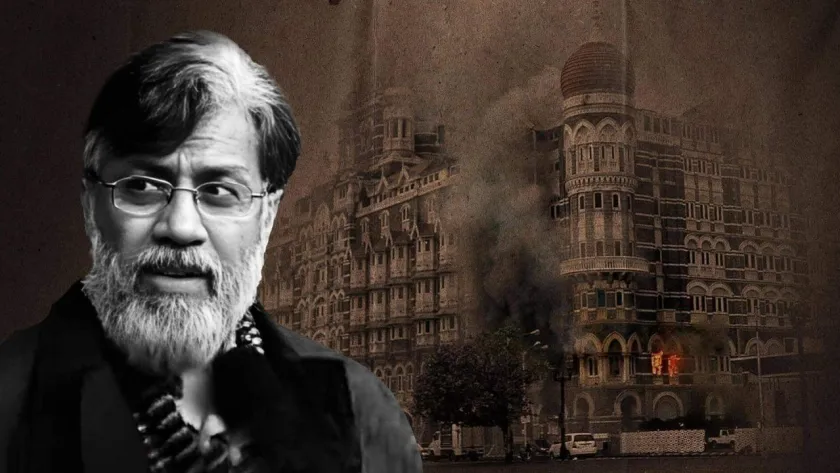
US Supreme Court Rejects 26/11 Accused Tahawwur Rana’s Plea to Block Extradition to India
2025-03-08
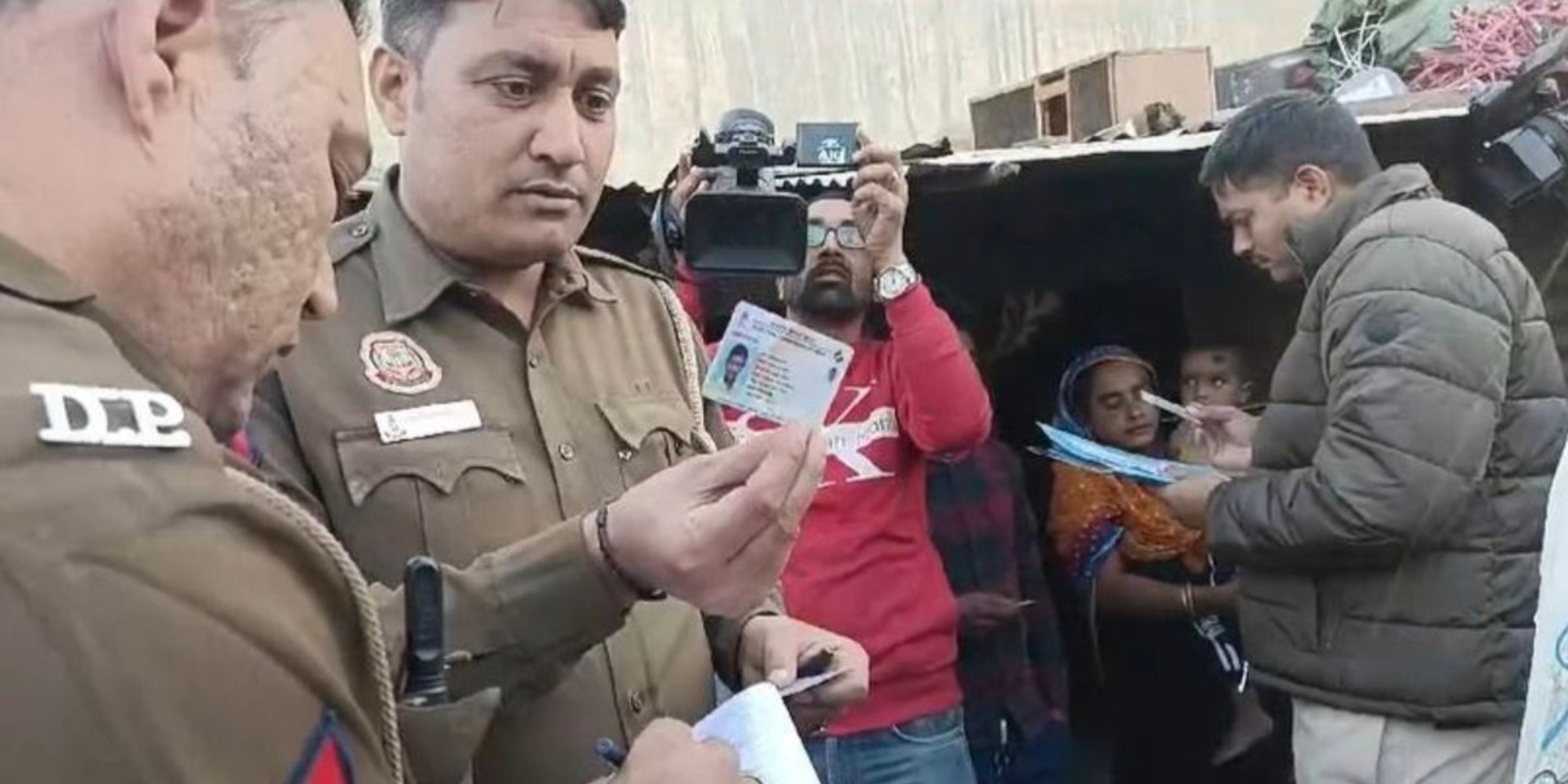


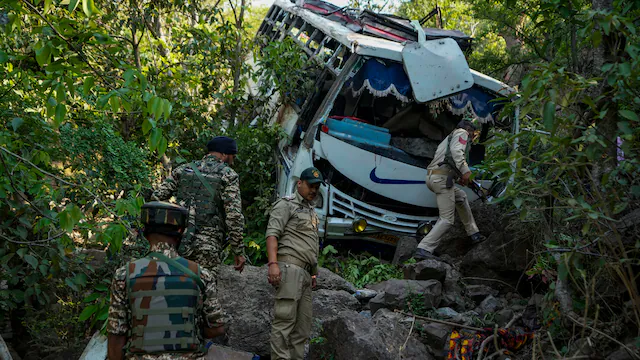



















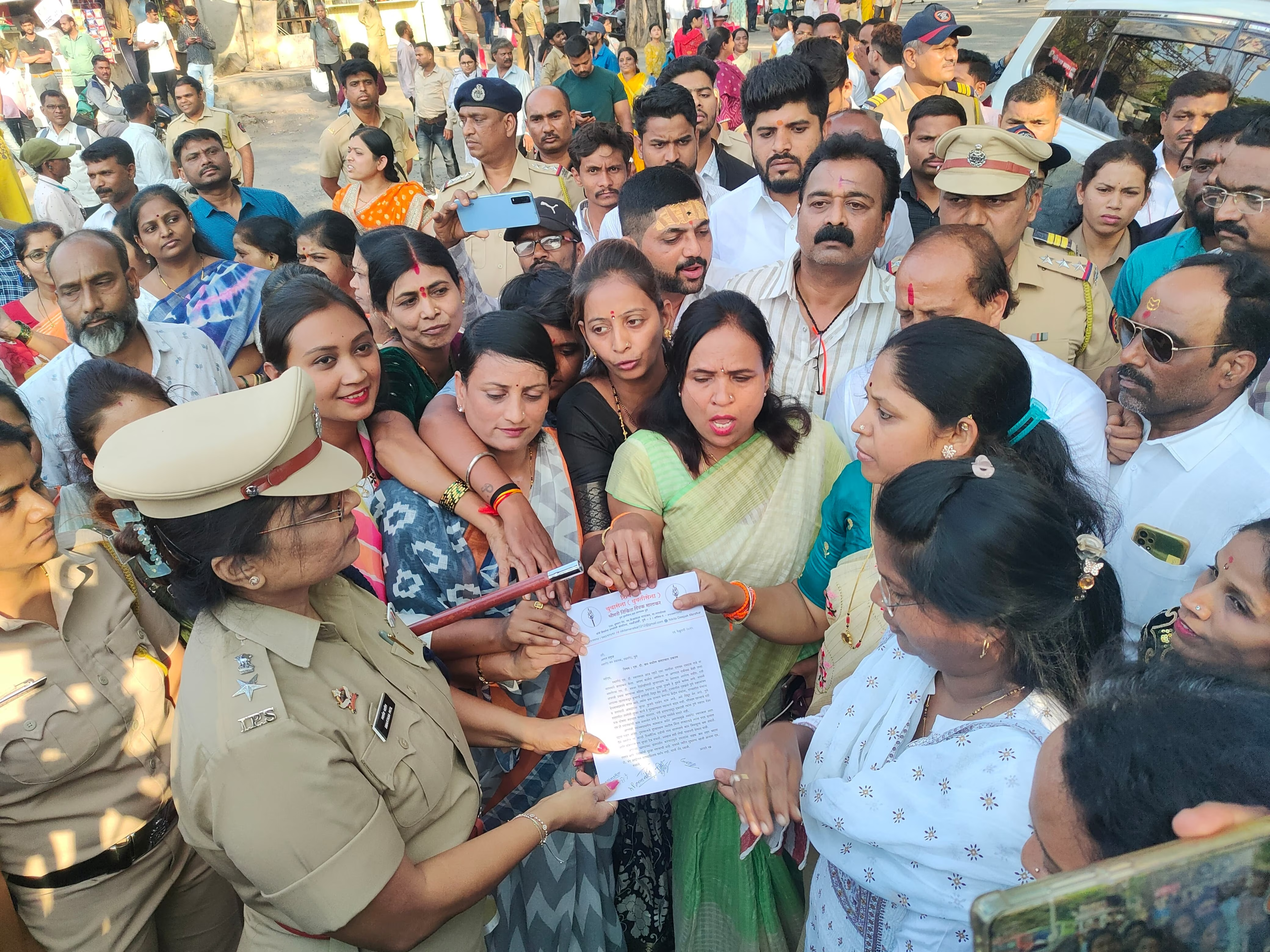

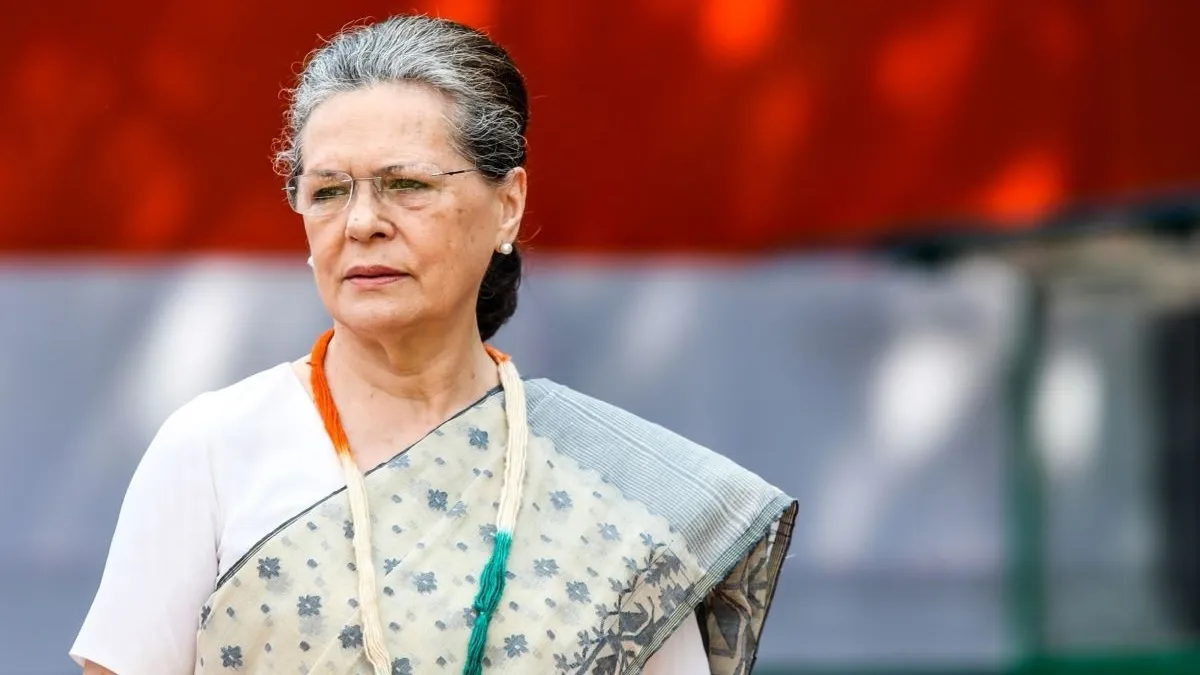
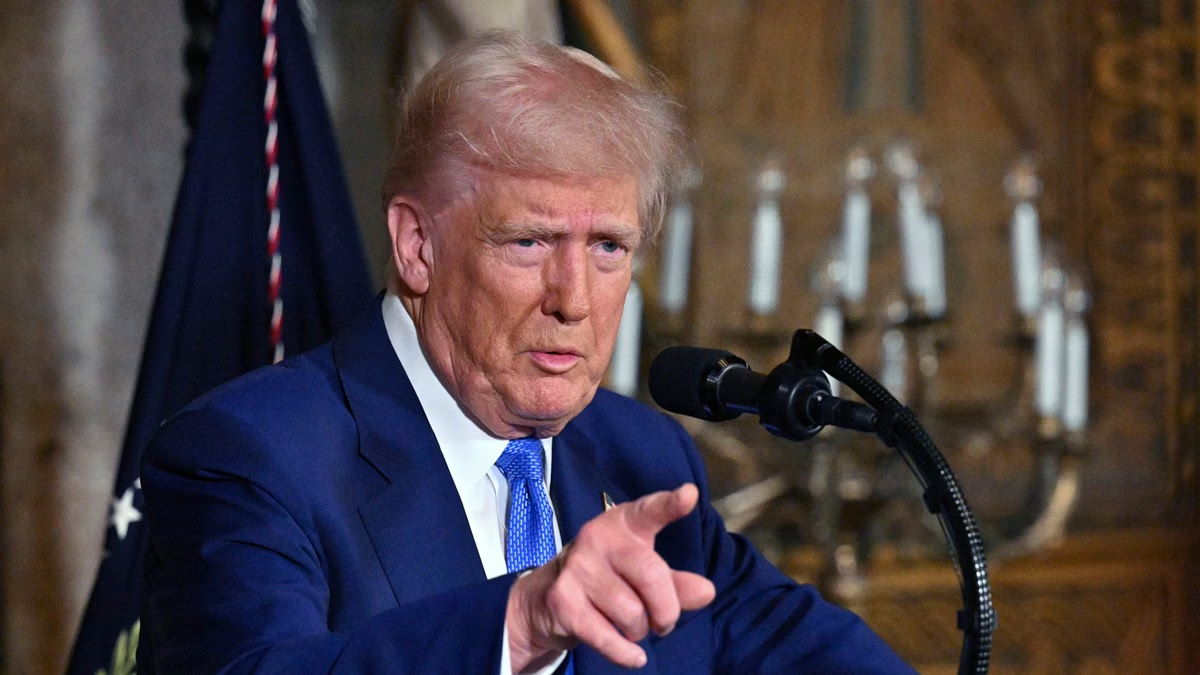
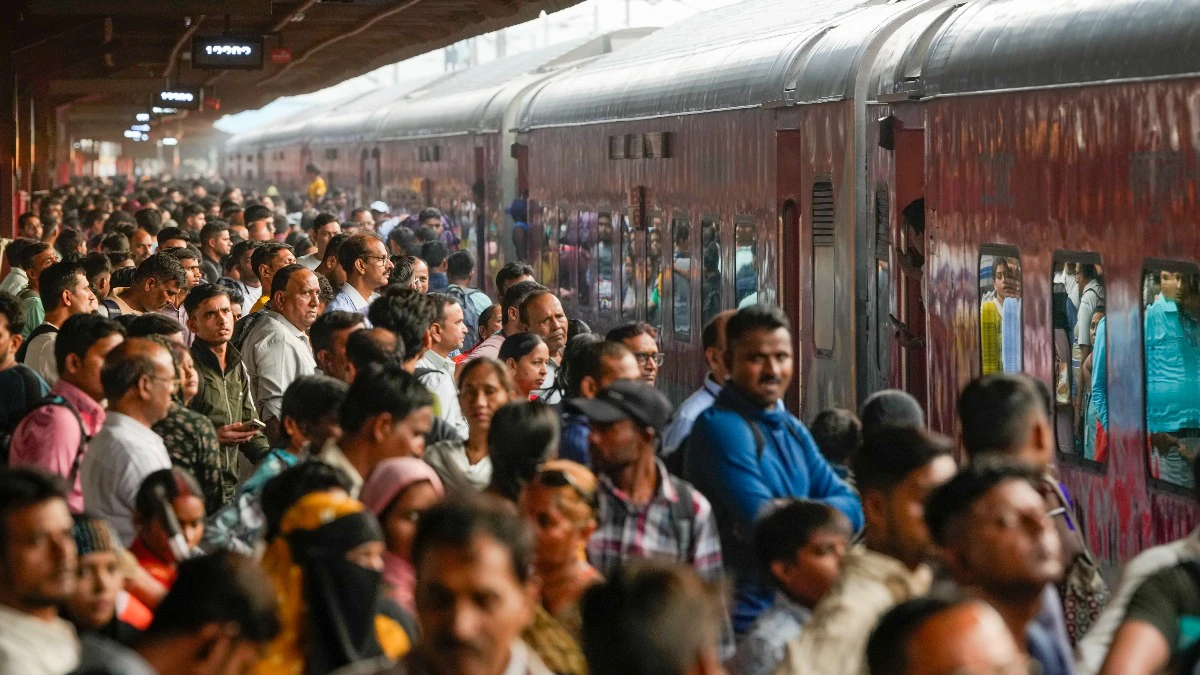
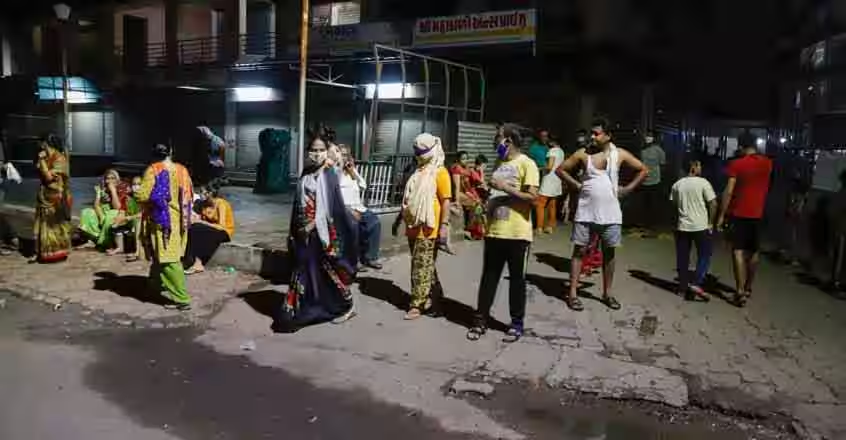








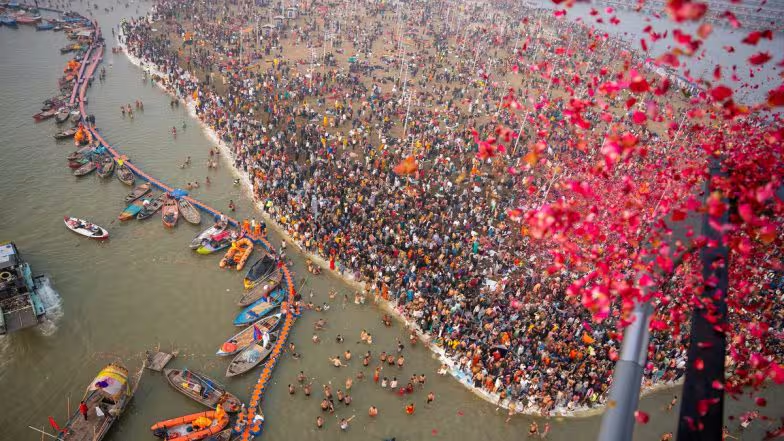


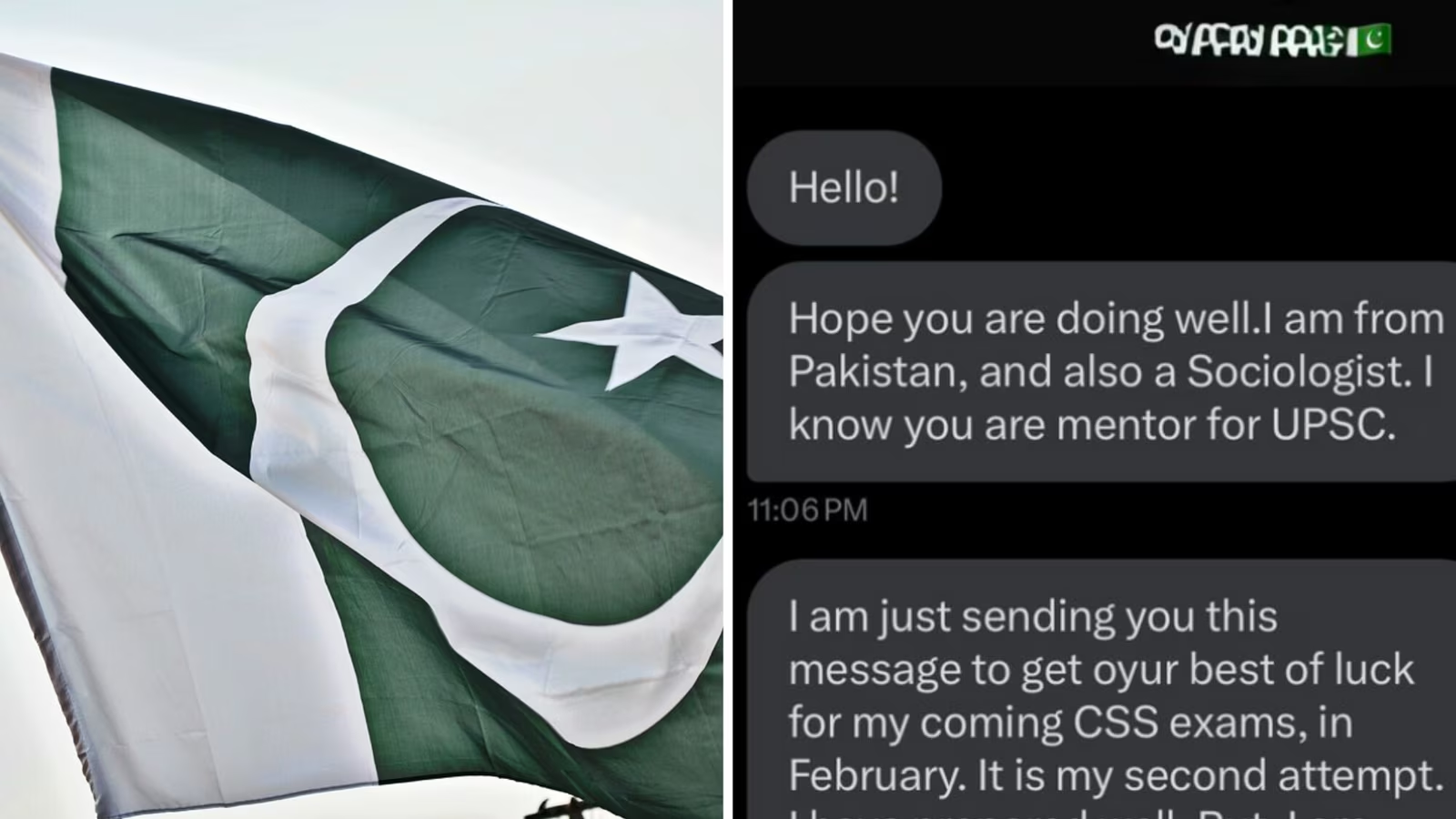
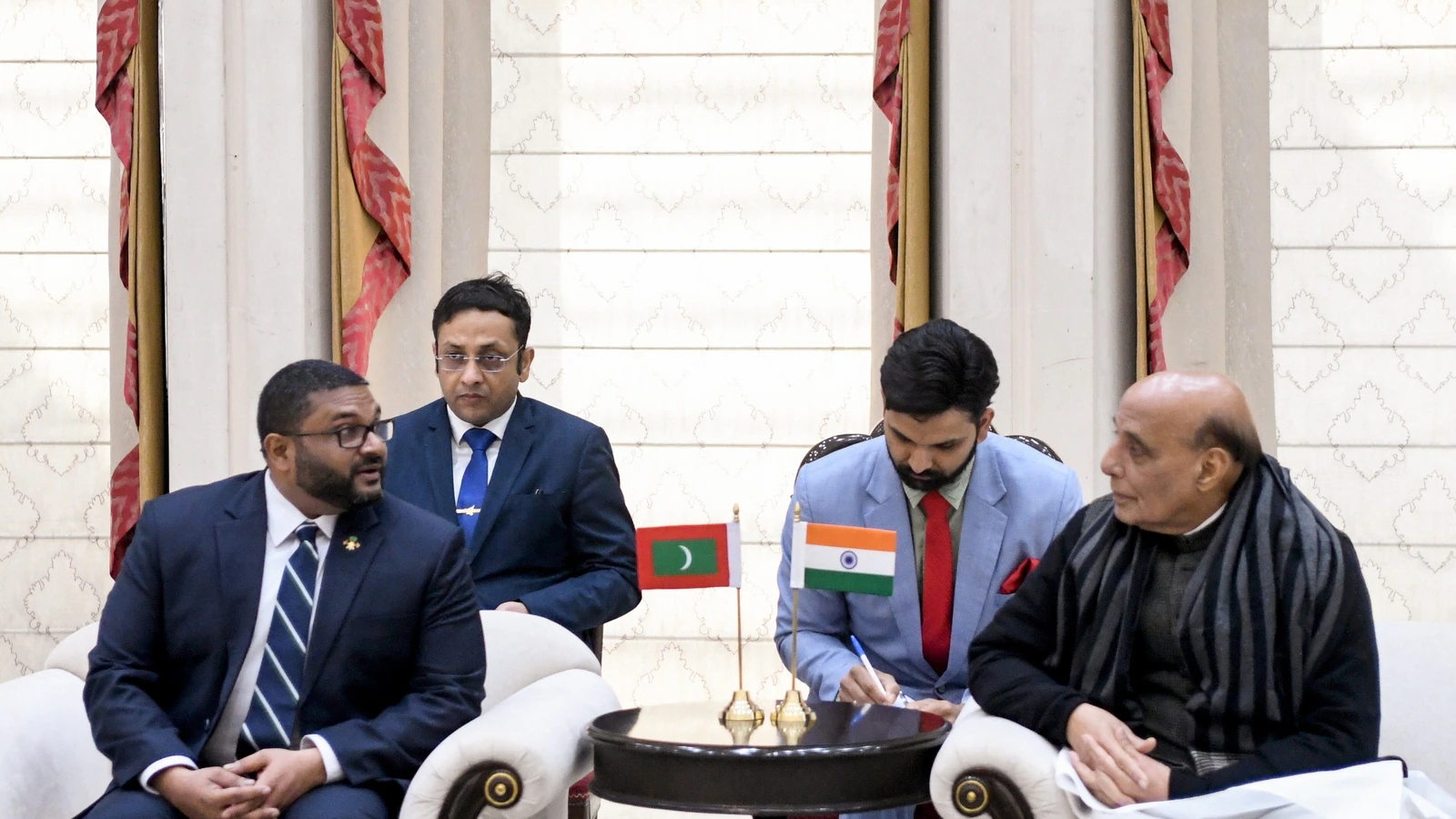

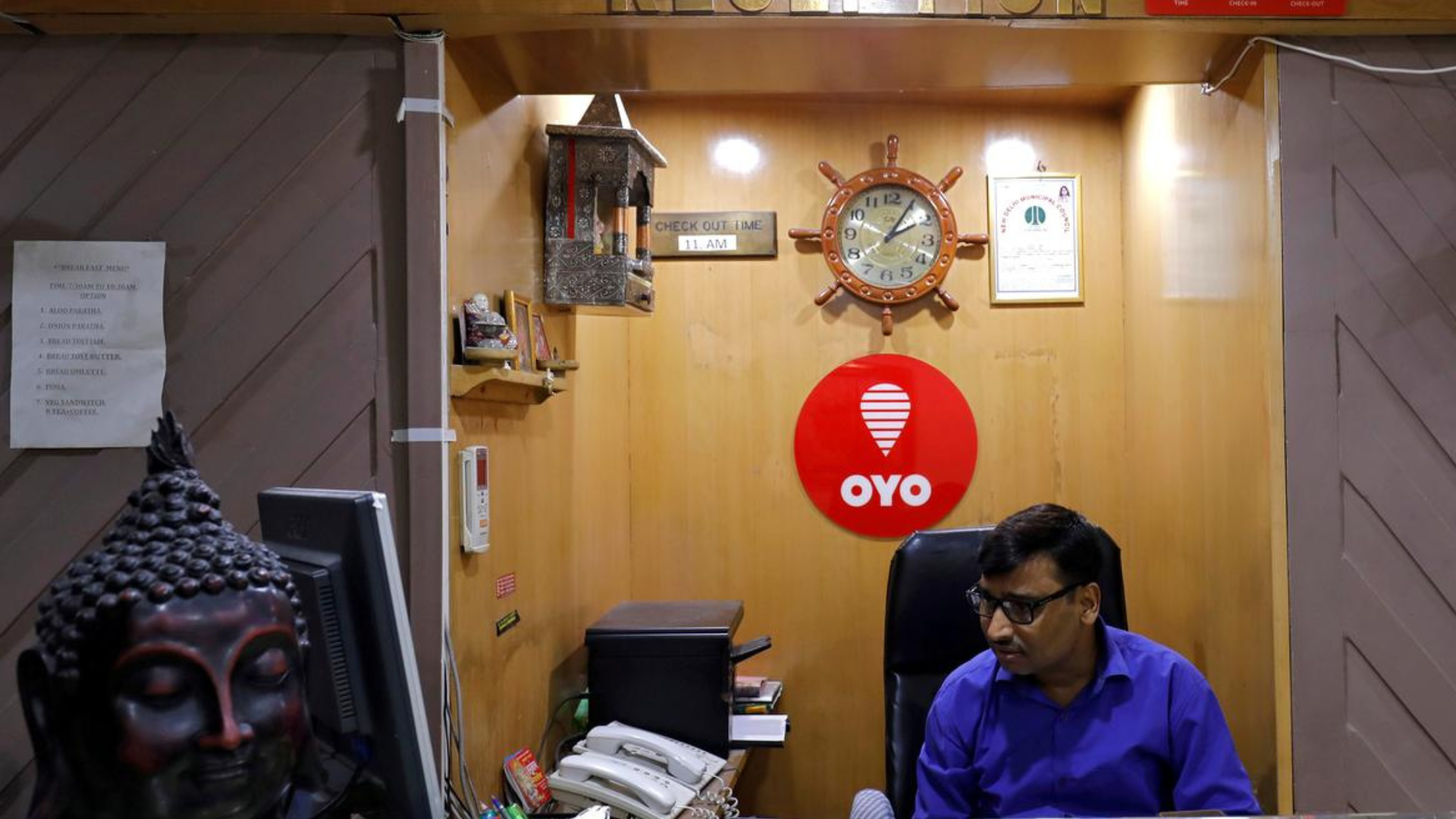
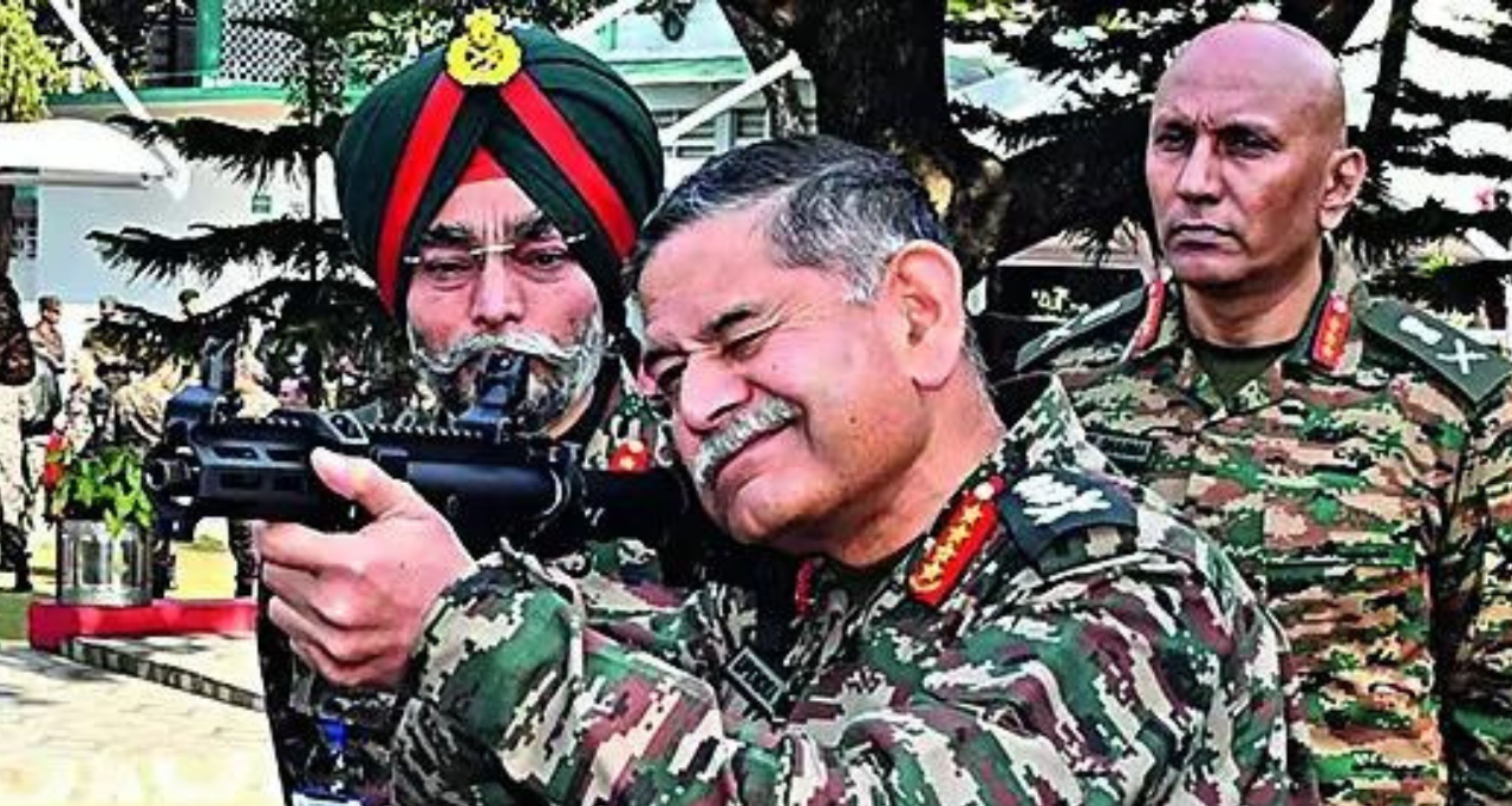
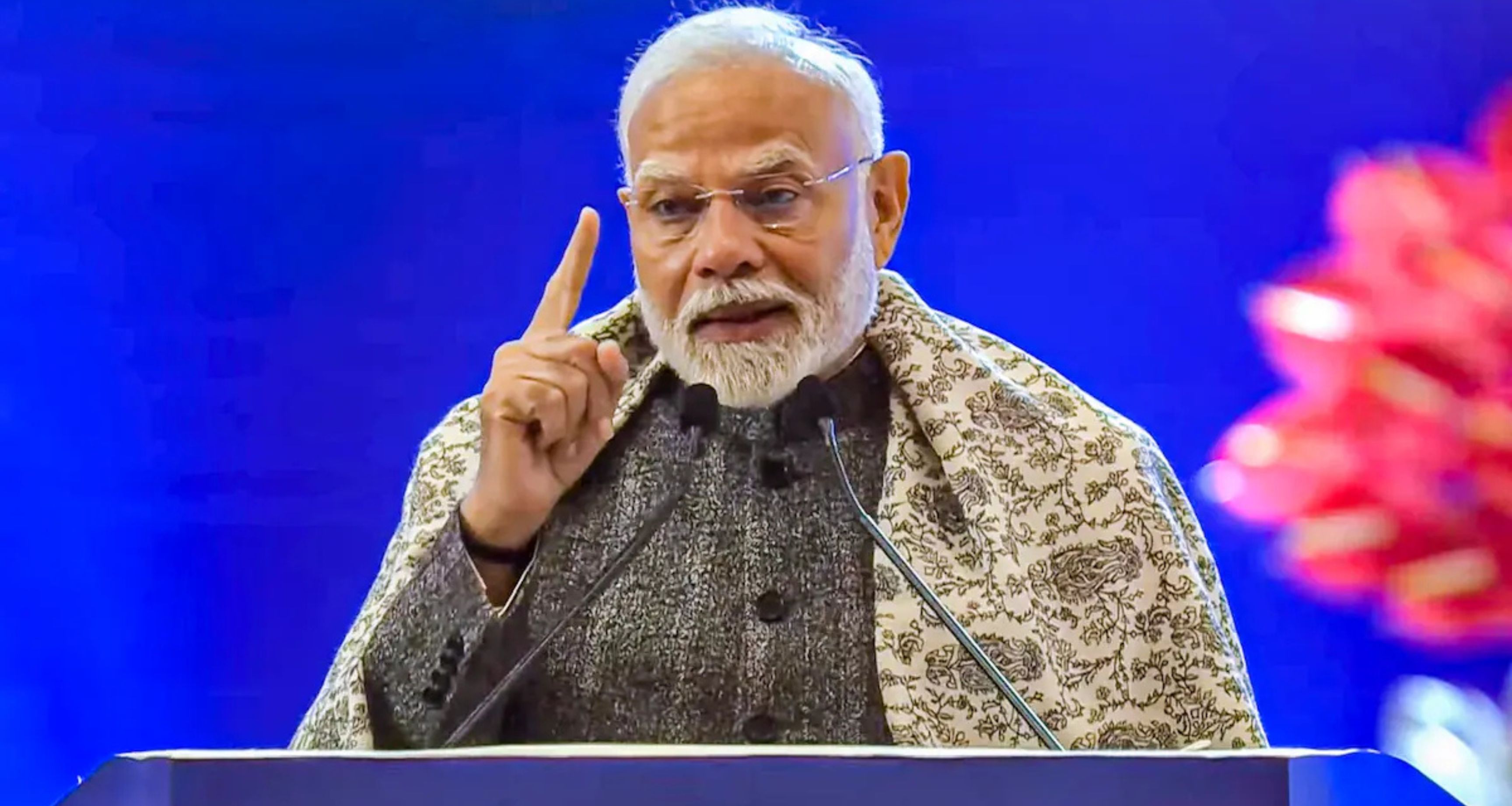
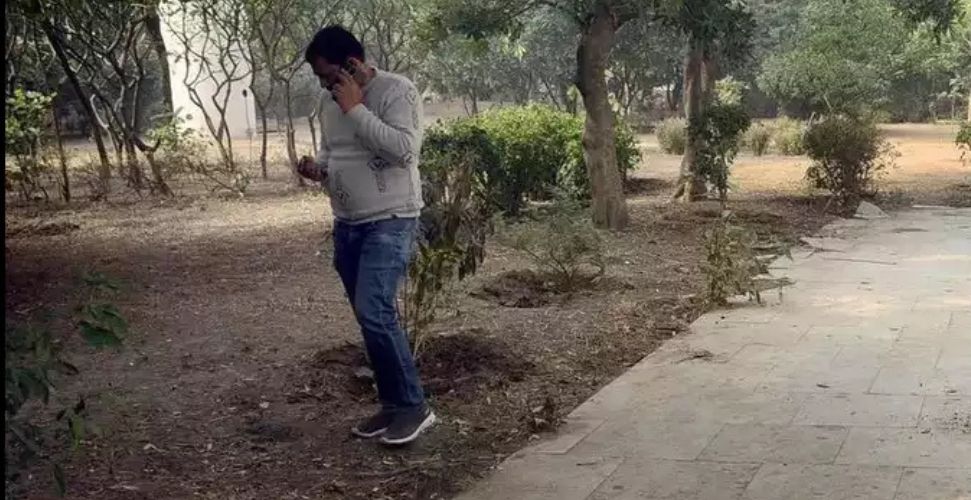

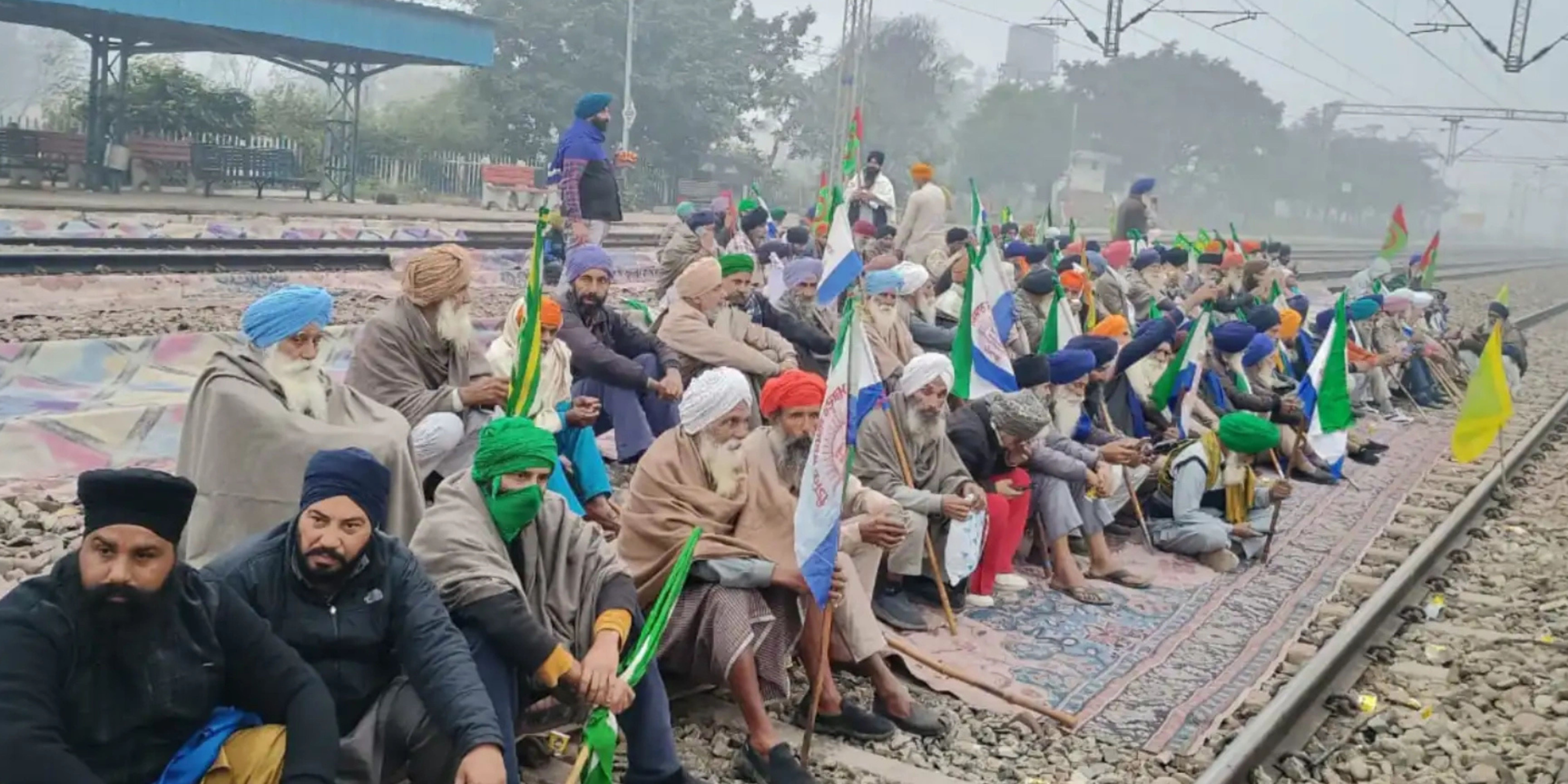
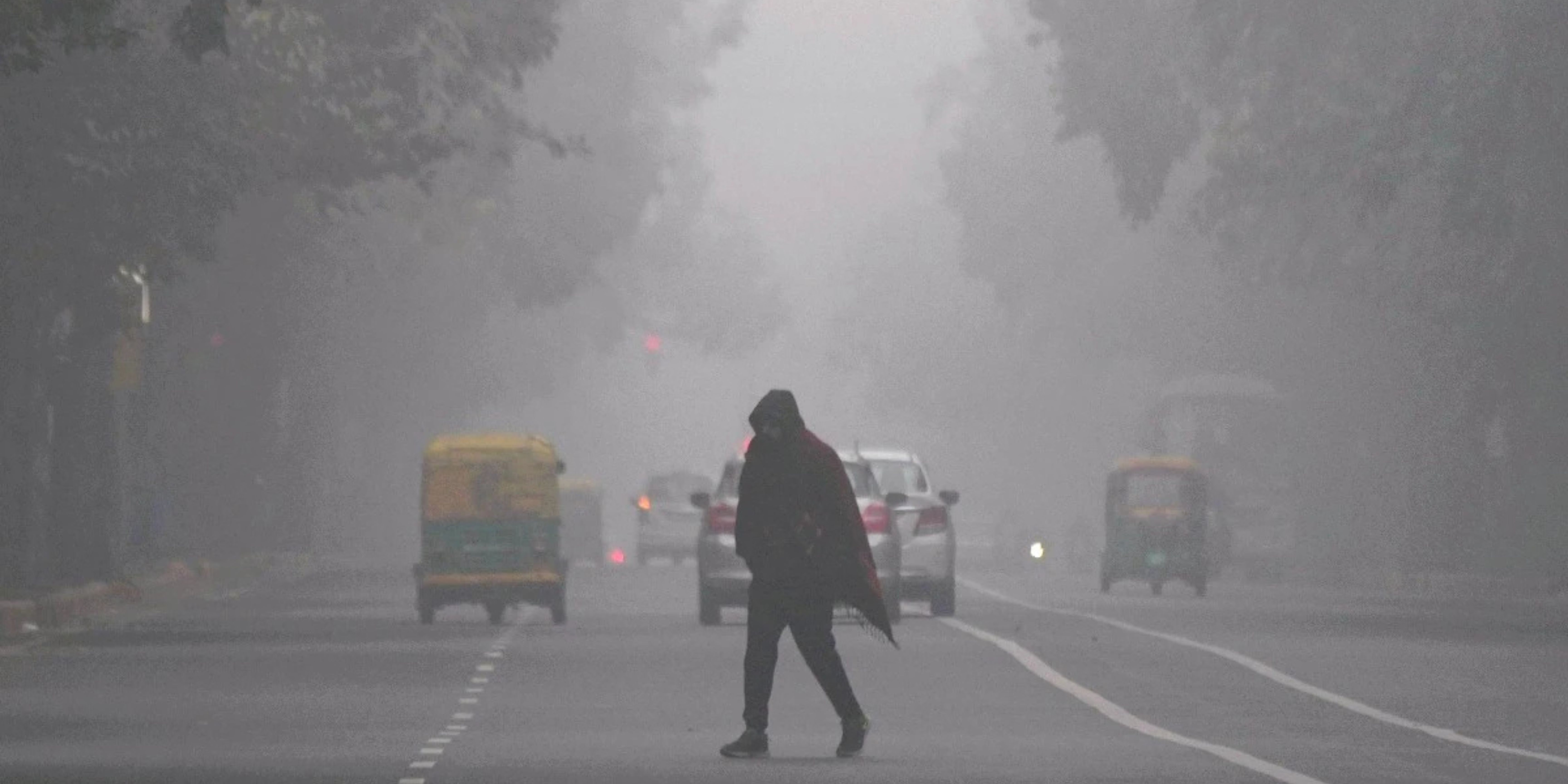

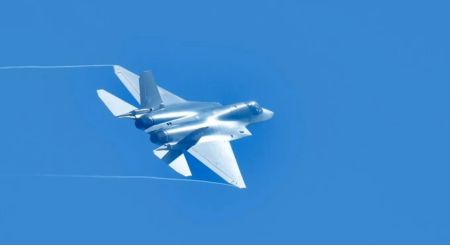


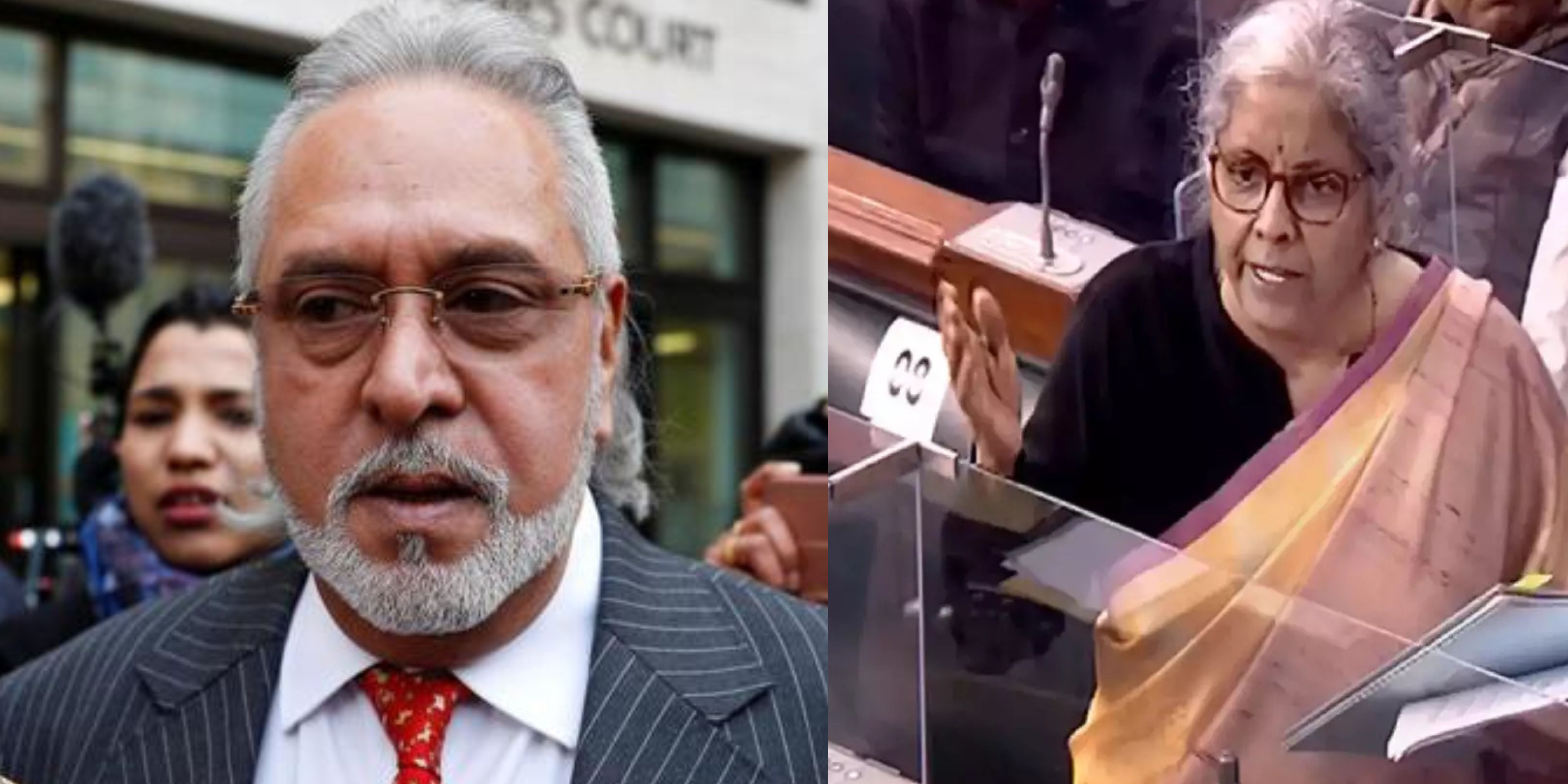

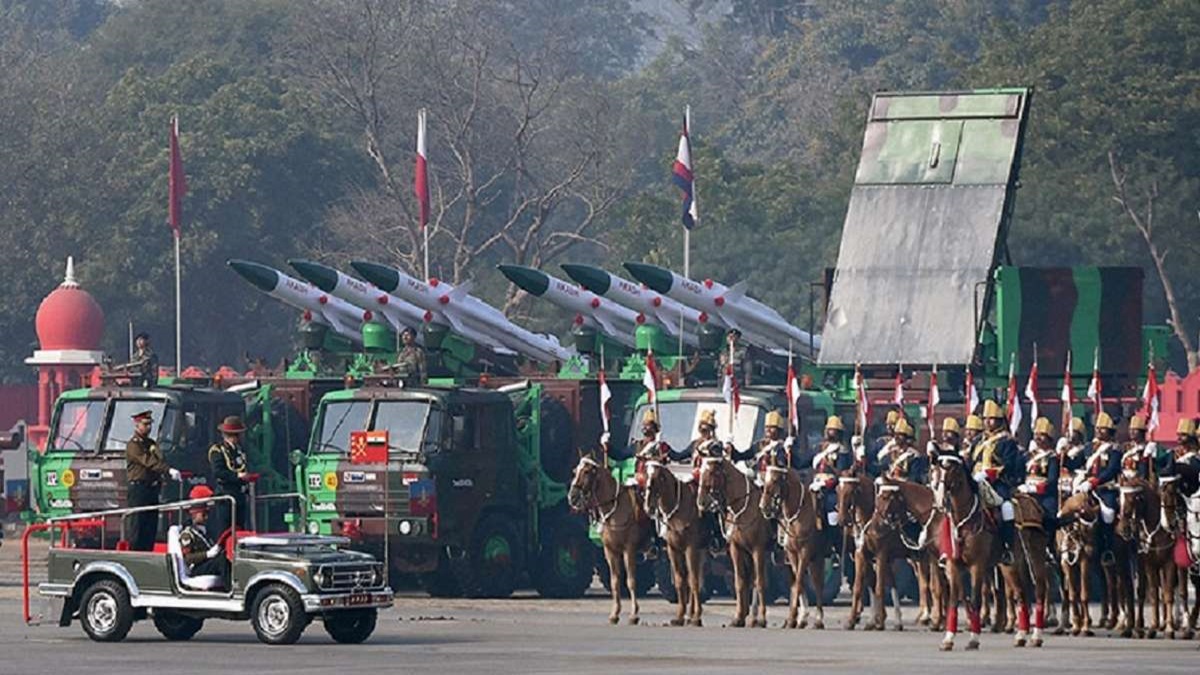

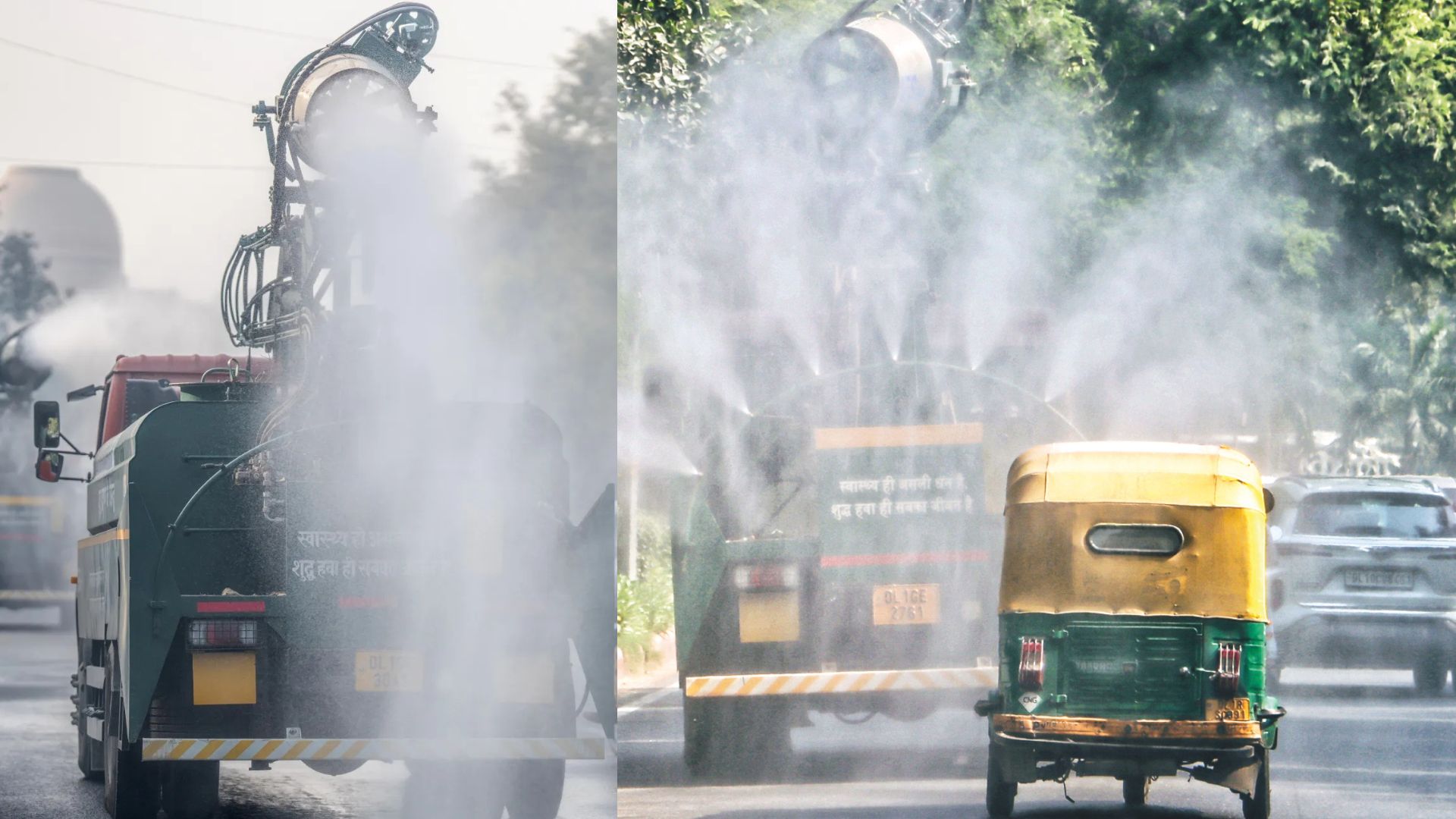
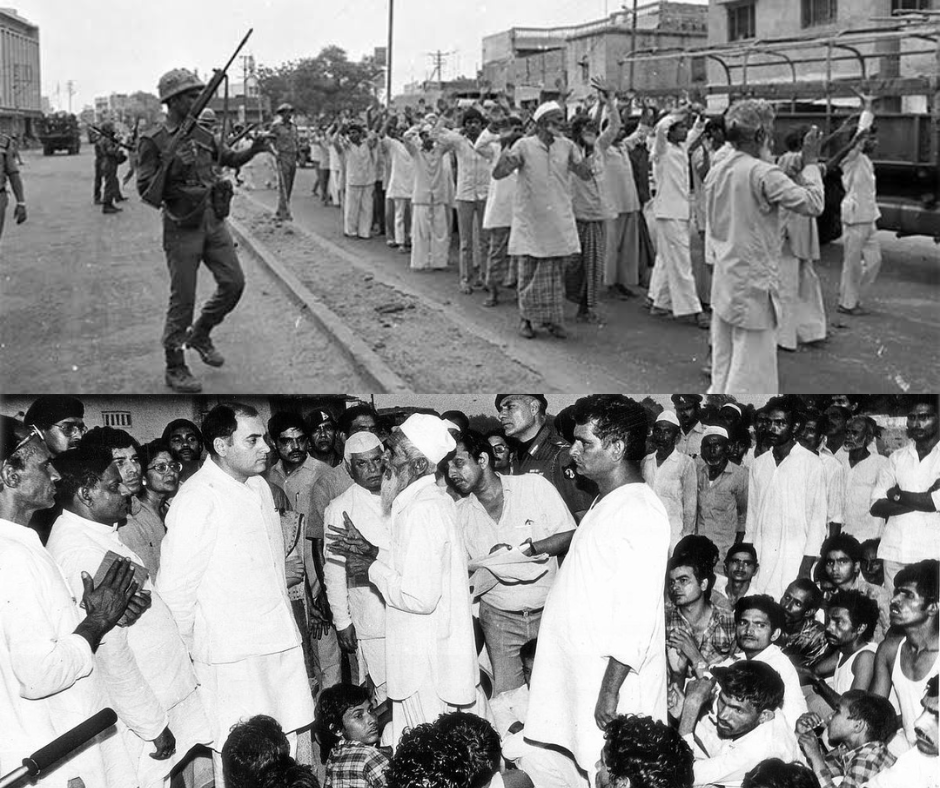
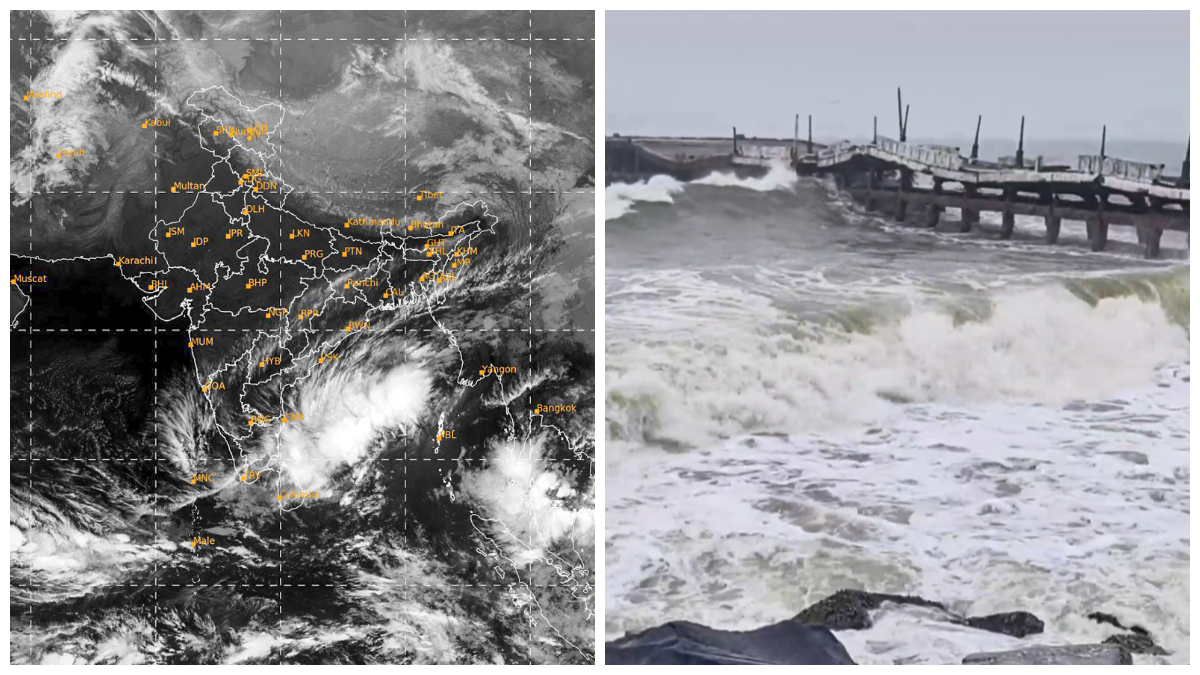



.jfif)
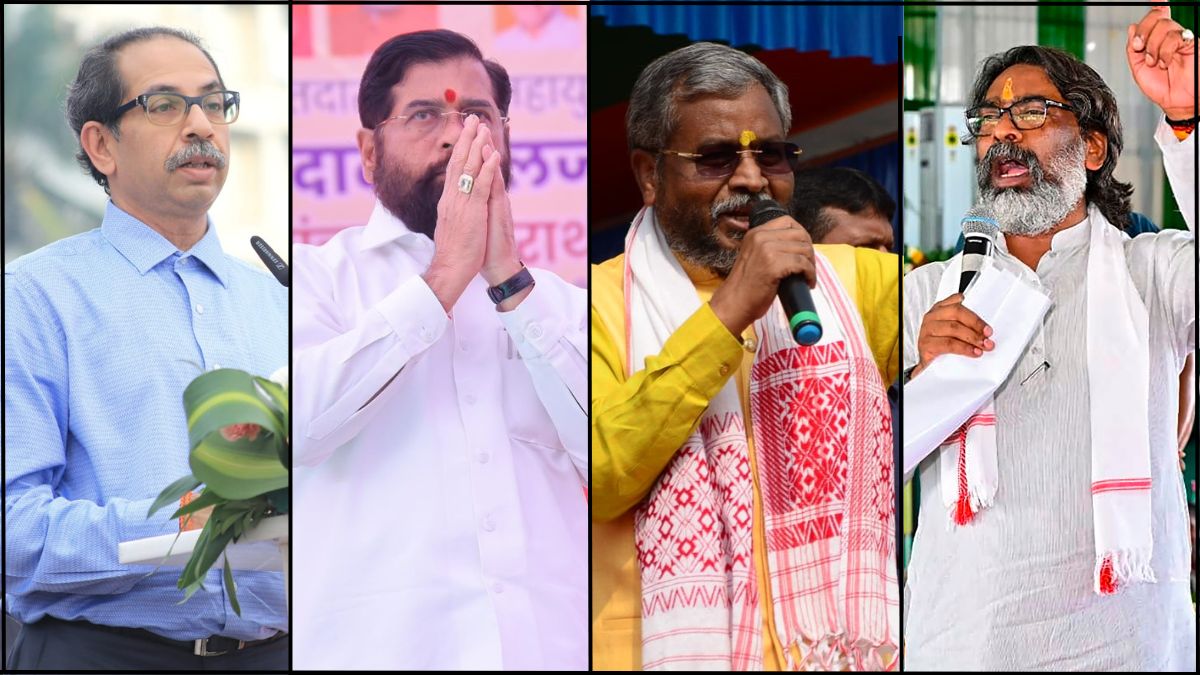


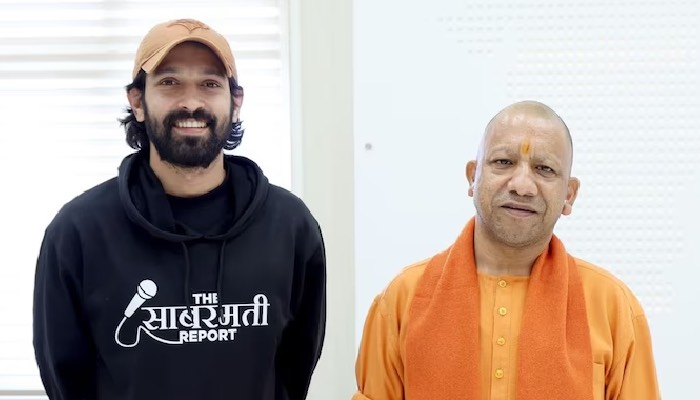
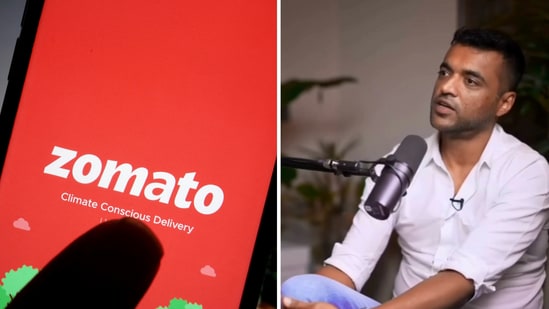
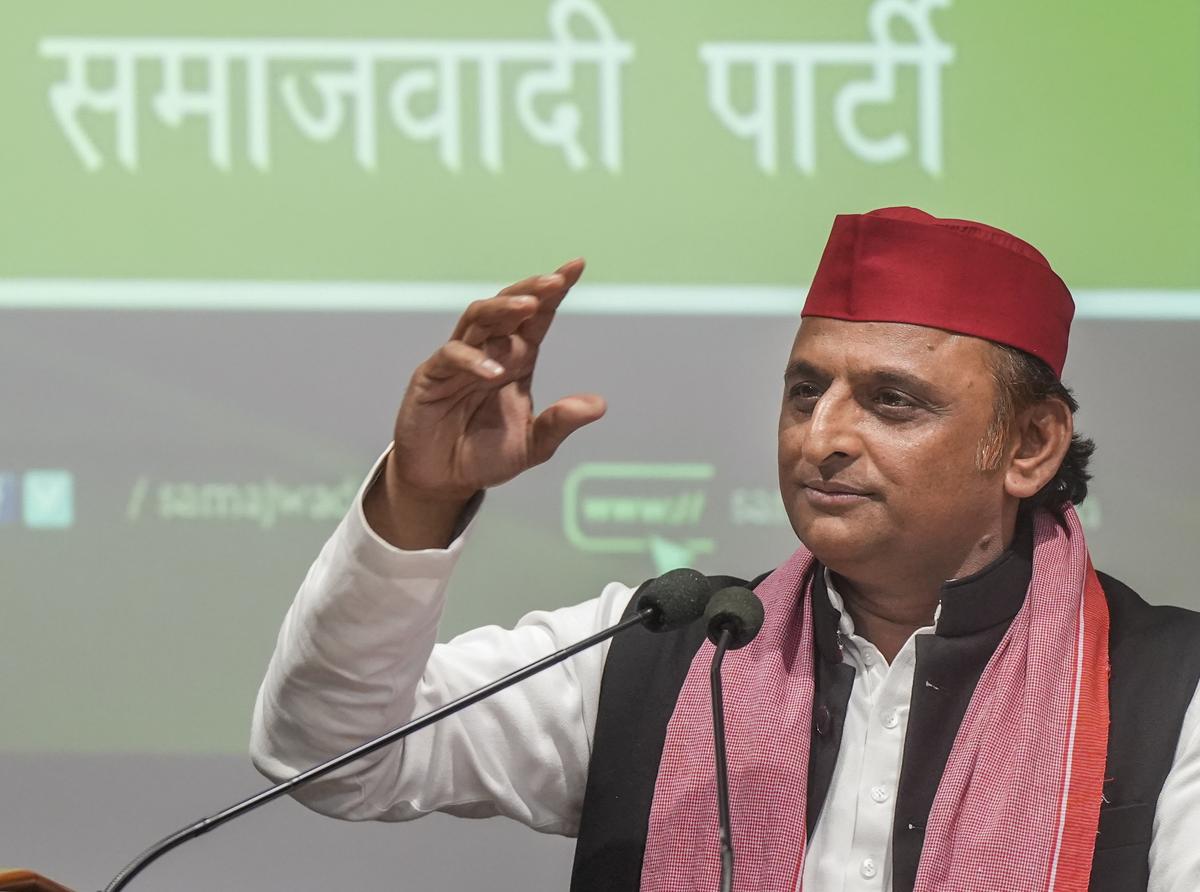

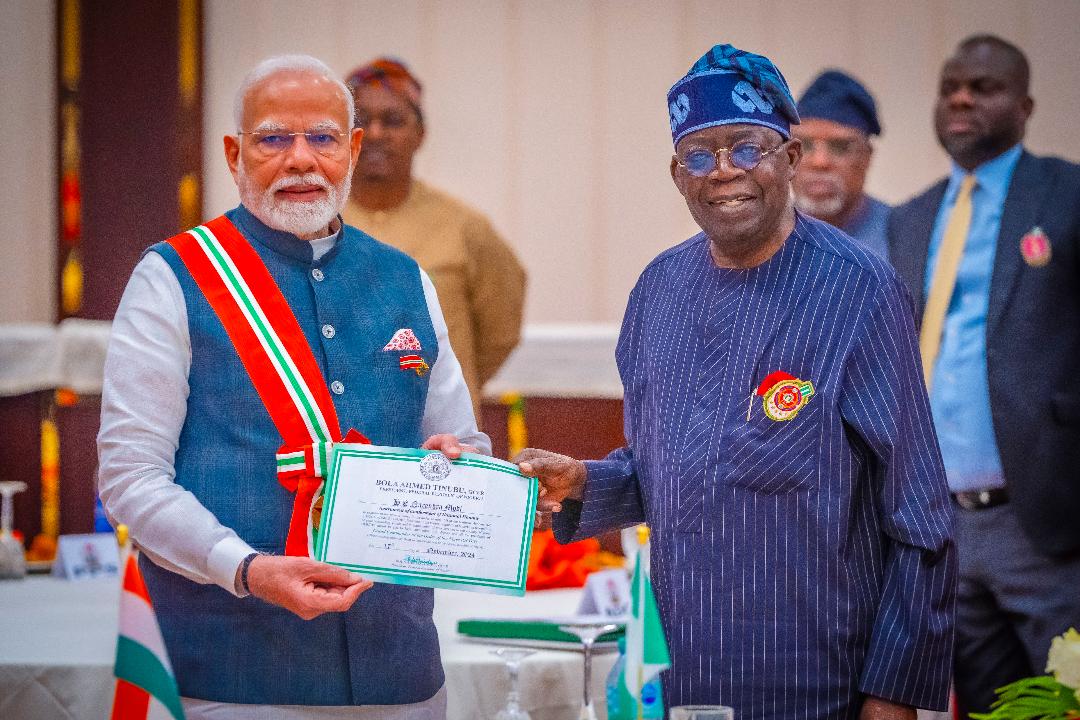

.jpg)



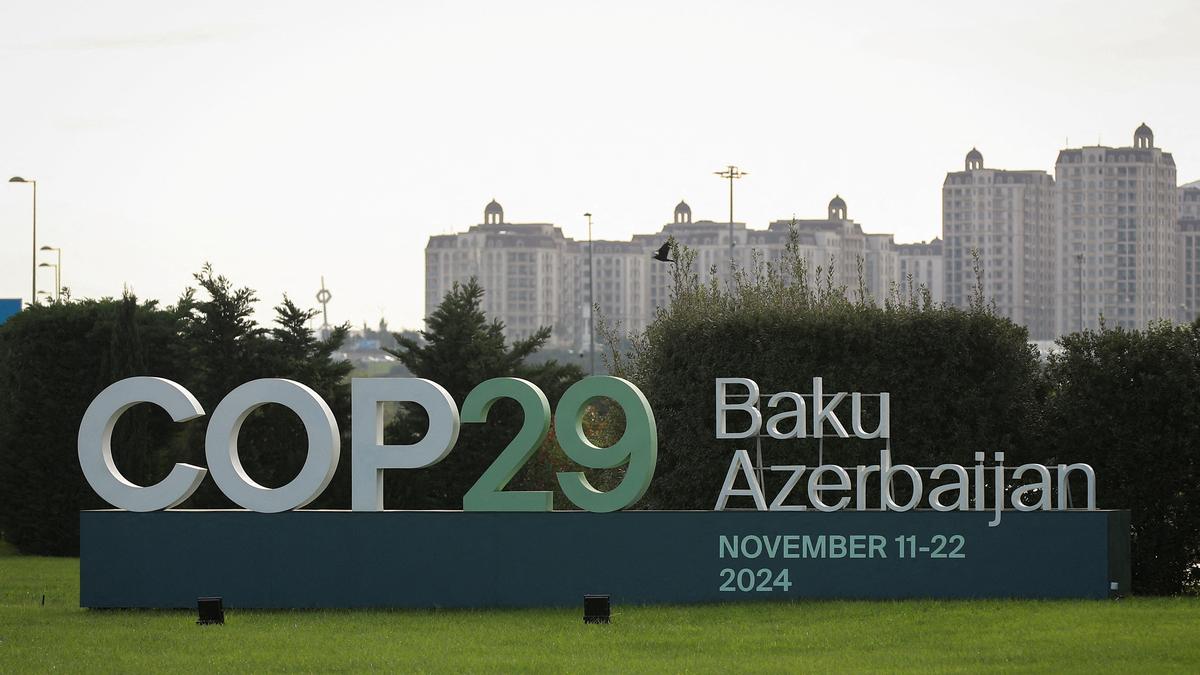

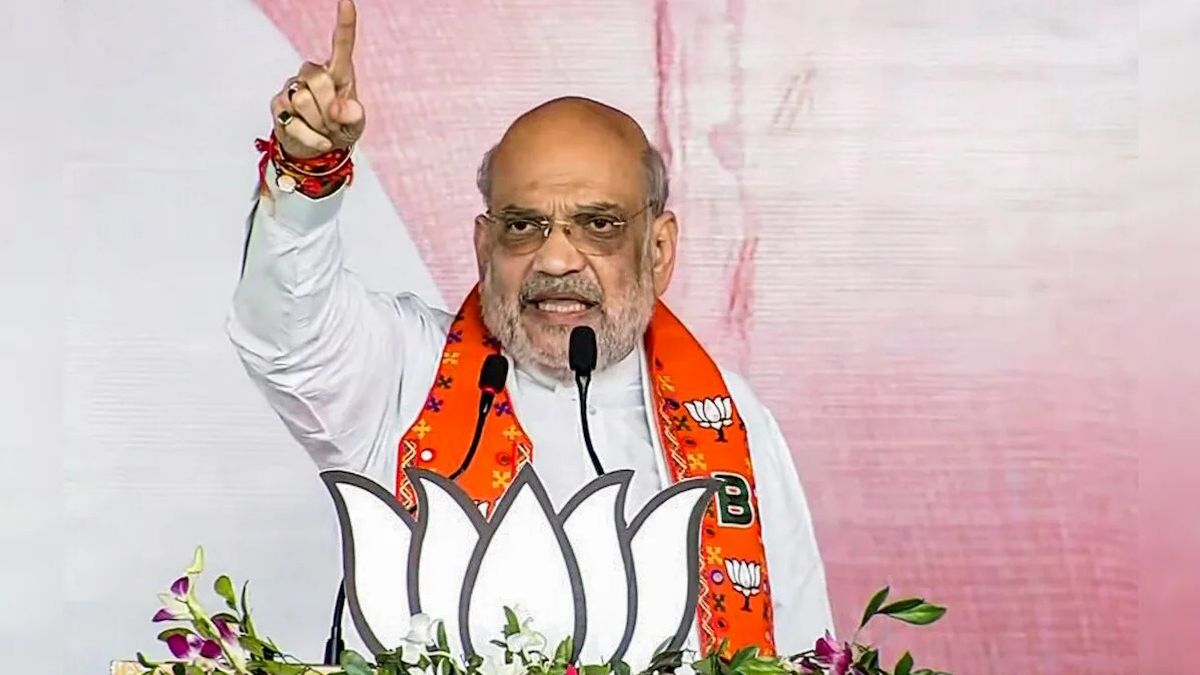
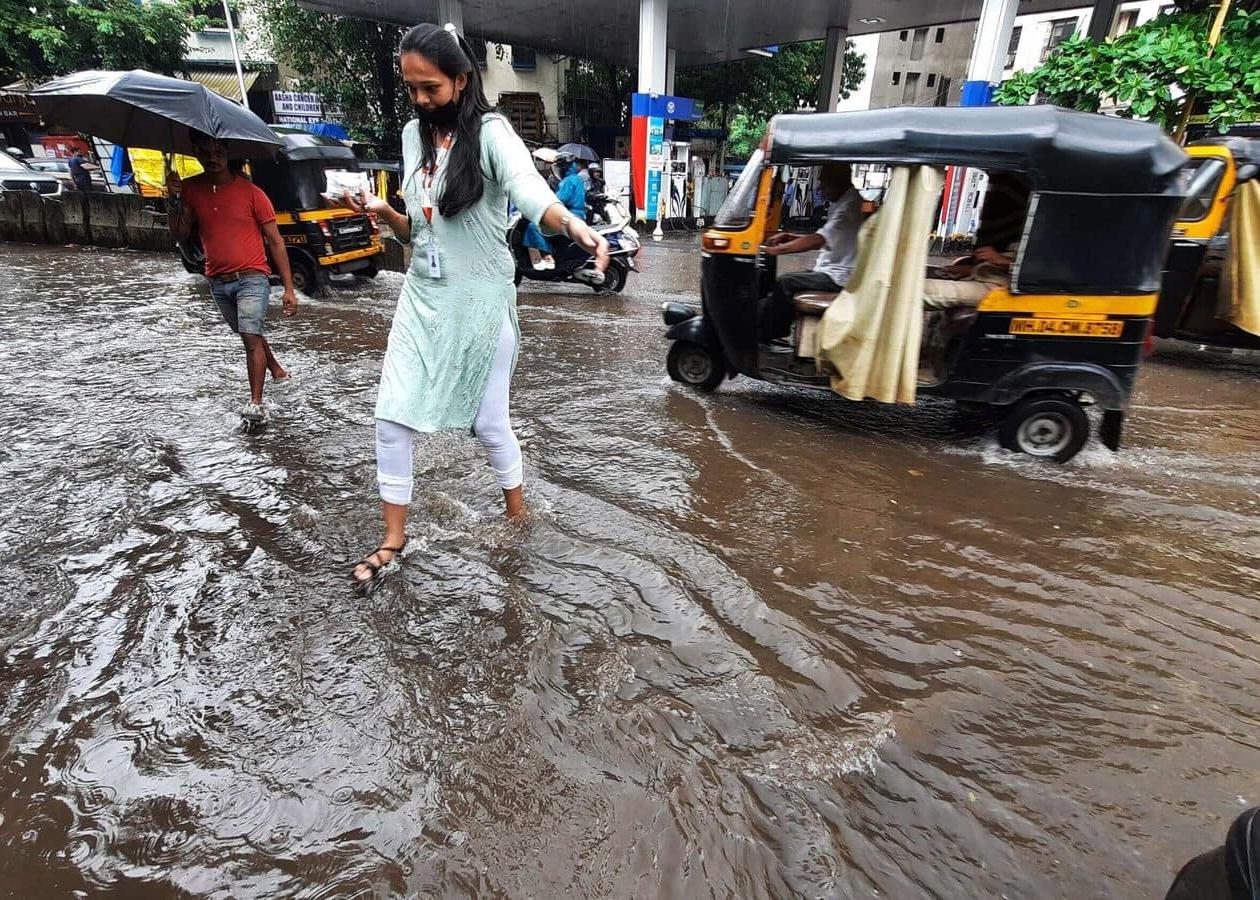
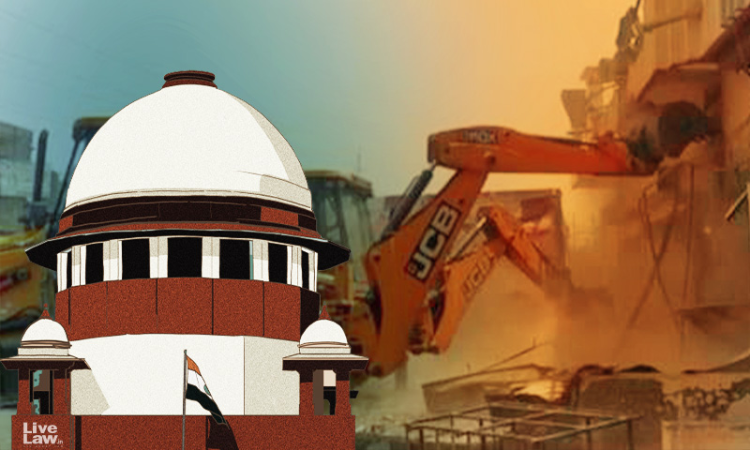
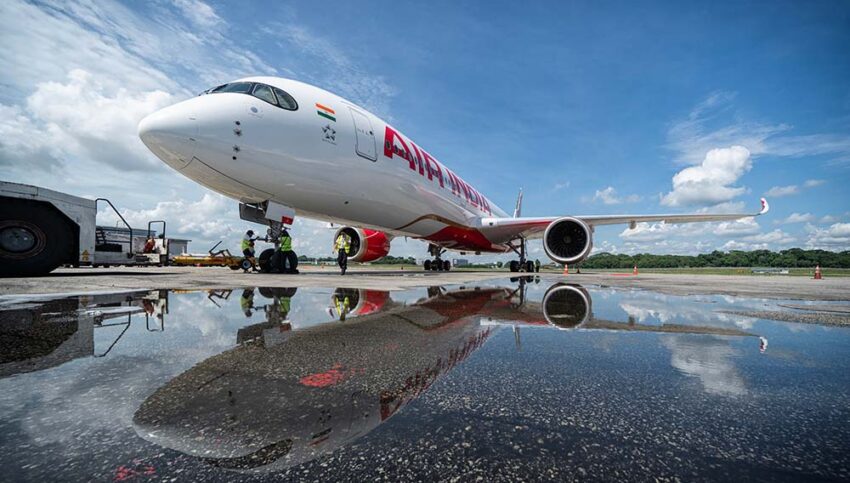
























































































.png)
 (1).png)























